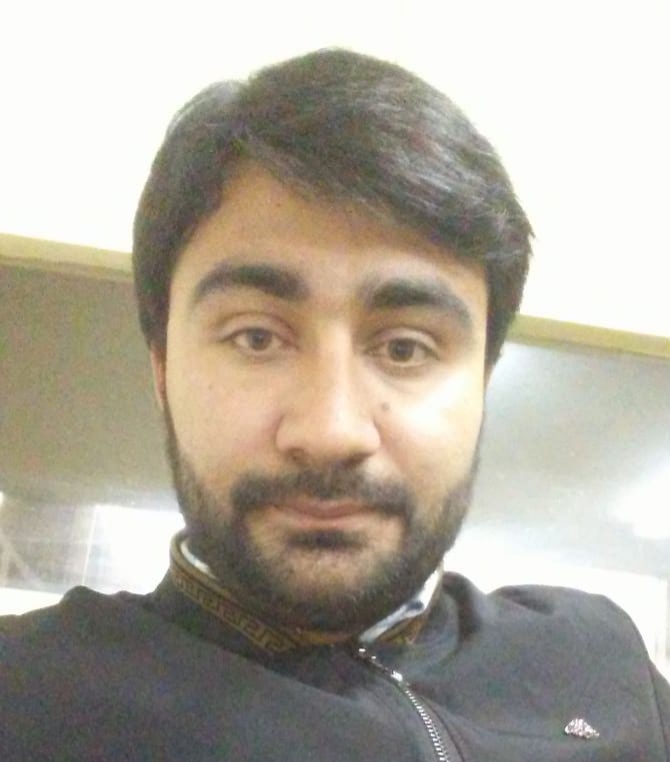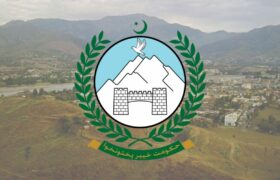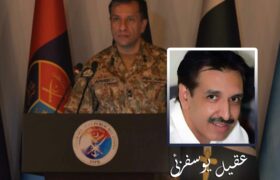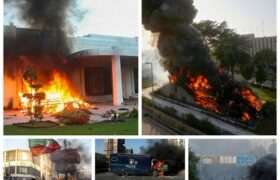The Khyber Pakhtunkhwa government once again went a step ahead in bringing education reforms as the Elementary and Secondary Education Department (ESED) Khyber Pakhtunkhwa initiated implementation of E-transfer policy of teachers.
The process was initiated as Khyber Pakhtunkhwa Minister for ESED Akbar Ayub started approval of e-transfer applications through the online procedure. According to Akbar Ayub, the E-transfer policy for transfers and posting of teachers has been launched to improve service delivery and ensure transparency in the procedure.
Under this policy, he said registration of 15,000 teachers seeking transfers and posting were made. He further said that vacancies of around 11000 teachers were vacant and 22,000 more teachers would be recruited in KP by June this year.
Meanwhile, this move of KP government has been admired by number of educationists terming it a positive step to make the education system more transparent and get rid of political influence in transfers or postings of teachers.
As per the policy, all the teachers would have easy access to the online App specifically introduced for the transfers and postings of the teachers. According to reports the positions would be uploaded on the App at the commencement of the academic year and the teachers would be asked to apply for their desired locations. As per the reports, this year, a total of 10,858 teachers data was uploaded out of which only 2093 postings or transfer applications were received.
However, a leading educationist, Sadeema Bano suggested that the government should extend this policy to the remaining parts of the province including the newly formed tribal districts as these are not included in the policy reforms. She said that like the developed countries, the KP government is striving to change approach towards education and make education easier.
She further stated that as a teacher she has witnessed widespread corruption in education sector during ANP’s tenure. She hoped that this move of the KP government will pave way for further such policies to ensure better education system.
It is pertinent to mention that the reforms in education has always been a top slogan of PTI government during pre-election campaign. The government has remained true to its words and have taken various positive steps to transform KP education sector.
Such innovative changes and a shift towards modernity have restored public faith in government education institutes. The basic problem in education was political interference but KP government has taken various steps to eliminate such interference. Moreover, as part of reforms, the introduction of the biometric system has also helped eradicate absenteeism of teachers. Hundreds of teachers who were found truant from their duties were punished, while hard-working, committed and performing teachers were regularly rewarded.
As per Alif Ailaan’s composite school infrastructure assessment in its District Education Rankings 2017 report, Khyber Pakhtunkhwa’s overall score registered an increase from 66.18 to a remarkable 91.12 at the primary level between the years 2013 and 2016. Khyber Pakhtunkhwa is at the top of the primary school infrastructure index across different provinces and territories. Khyber Pakhtunkhwa is at the second spot in the middle school infrastructure index after Punjab with a score of 89.25.
According to the data available with Alif Ailaan before 2013, there were only 170 IT labs in secondary and higher secondary schools across the province. Now this number has been increased to more than 1,340 IT labs. 100 interactive white boards have also been installed in schools in 14 Districts with a backup of solar panels. The Khyber Pakhtunkhwa ESED and Provincial IT Board are launching an early age programming course in the IT labs of Khyber Pakhtunkhwa government schools for class 7 to 9.
Besides many other achievements the Khyber Pakhtunkhwa education department has sustained and deepened the concept of merit in the recruitment of teachers during the past few years by not just conducting the test through a third party, National Testing Service (NTS), but also school-based recruitment of teachers to ensure rationalised deployment.
More than 65,000 teachers have been trained since 2013 with an allocation of Rs. 800 million for better student learning outcomes. Training sessions have been outsourced to multiple vendors and the government has an agreement in place with the British Council to train nearly 83,000 teachers of primary schools with a special focus on important subjects.
According to the research conducted by Alif Ailaan, Khyber Pakhtunkhwa is the only province in Pakistan that has consistently allocated budgets much higher than the baseline by allocating amounts between 24% and 28% of the budget each year for the education sector.
It is important to mention that despite massive investment, there is still a lot to be done in education sector to ensure literacy rate at par with developed nations. Though it is heartening to see Khyber Pakhtunkhwa focusing on education sector, one hopes that the trend would continue and other provinces would also allocate more funds for education sector.





